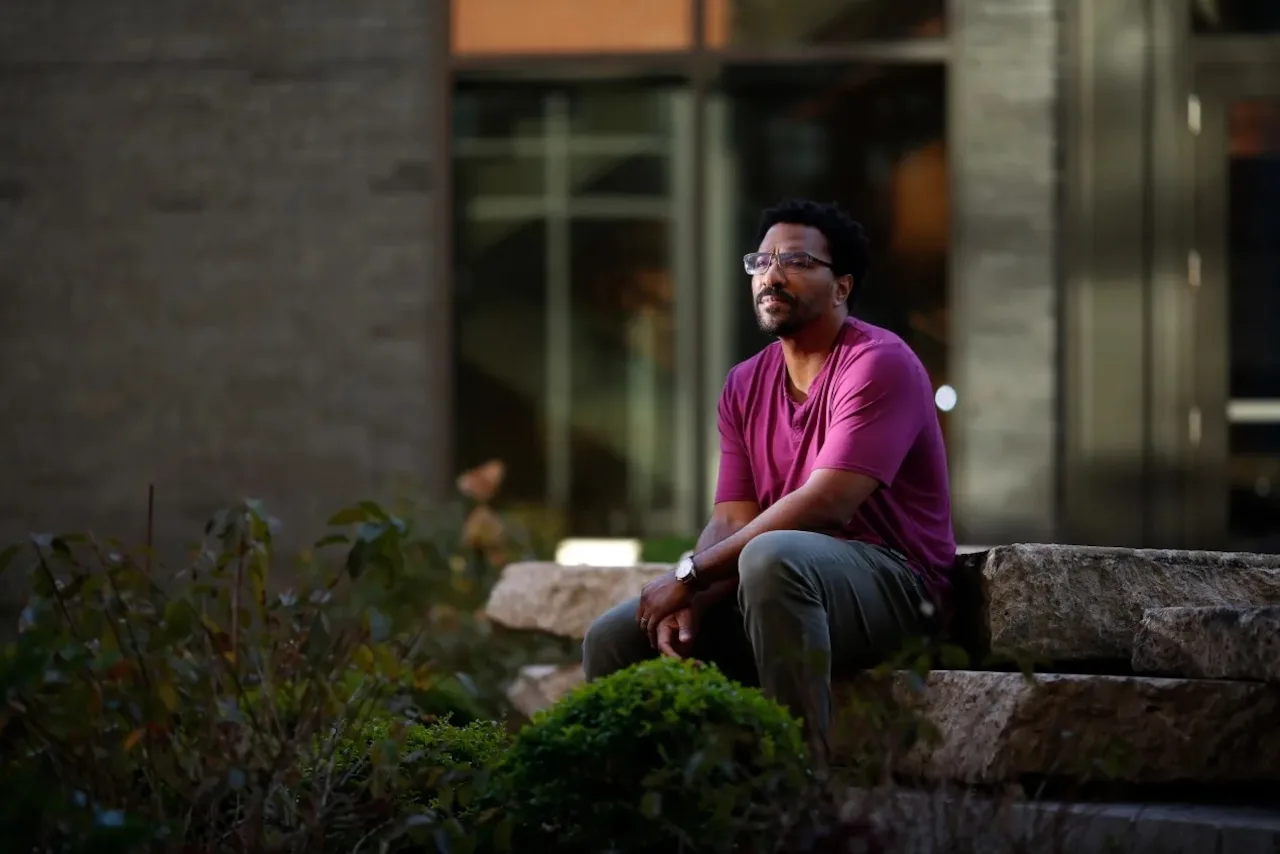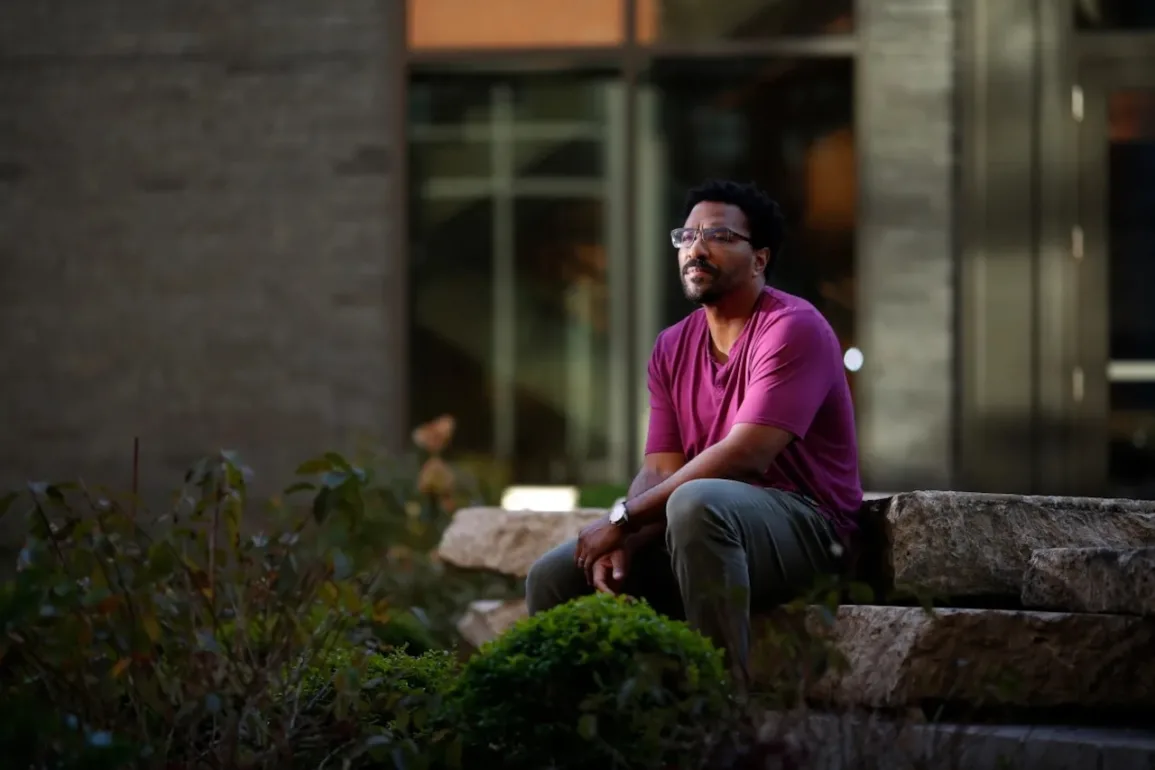
TW: This article mentions suicide and suicidal ideation.
One in three Black men living in rural America reported experiencing suicidal thoughts, according to a new study by the University of Georgia. Disproportionate racism and childhood trauma may be a large part of the reason.
The study, published in February, found that people who grew up with low resources and who faced racial discrimination as children and into young adulthood were more likely to feel mistrust or isolation in social relationships, leading to suicidal thoughts. Suicide is the second leading cause of death for all African Americans ages 15 to 24, but it impacts Black men at a rate four times more than Black women.
“We often don’t look at where the disparities are and who the individuals most at risk are when we’re talking about suicide ideation,” Michael Curtis, a co-author of the study and a graduate of UGA’s Human Development and Family Science Department, said in a statement Tuesday. “Historically, research has not invested a lot of time and effort in looking into what are the unique cultural contexts that make certain men more at risk for suicidal thoughts than other men.”
Racism has been declared a serious threat to public health by the Centers for Disease Control and Prevention, with people of color experiencing the detriments through higher rates of poverty, mass incarceration and less access to health care and housing. Black youth were more at risk of developing PTSD (about 65 percent) compared to their peers in other ethnic groups (30 percent).
For the study, researchers followed more than 500 African American men from their late teens through their early 20s in rural Georgia, asking them to reflect on their childhood experiences through the years. Participants were asked whether they experienced or witnessed physical or emotional abuse, if they felt loved and if they had access to food and medical services as children.
An overwhelming number of people in the study were found to be deeply impacted by their childhood experiences with trauma, deprivation and racism. Researchers already knew that racial discrimination increases the risk of depression and anxiety among Black children, teens and adults. Still, they found that racism predicted higher rates of suicidal thoughts compared with other adverse childhood experiences (ACEs).
Adverse childhood experiences are potentially traumatic incidents that occur before age 18 — between 30 and 50 percent of American youth will experience an ACE by adulthood. Some examples include physical and sexual abuse, neglect and dysfunctional households that expose children to domestic violence or divorce.
Black youth were more likely to experience ACEs (53 percent) than their white peers (36 percent), according to data from the 2018−2019 National Survey of Children’s Health. Researchers found that culturally specific traumatic experiences, such as racial discrimination, are particularly harmful to the mental health of Black youth, who may have dealt with more adversity in their childhoods.
“Black men exposed to childhood adversity may develop an internal understanding of the world as somewhere they are devalued, where they could not trust others, and they could not engage the community in a supportive way,” Curtis, who works as a family therapist, said.
The study aims to inform best practices in clinical interventions to address suicidality in a culturally sensitive way that validates racist and traumatic experiences and promotes mental health in Black communities.
Researchers said healthy interpersonal and community relationships can also help improve mental well-being.
“More research is needed, but one finding is unequivocal: Loving yourself as a Black person is foundational,” said Steven Kogan, lead author of the study and a professor at UGA’s College of Family and Consumer Sciences. “Teaching children and youth to be proud of being Black counters the potential for them to internalize negative messages about Blackness that pervade U.S. society.”


